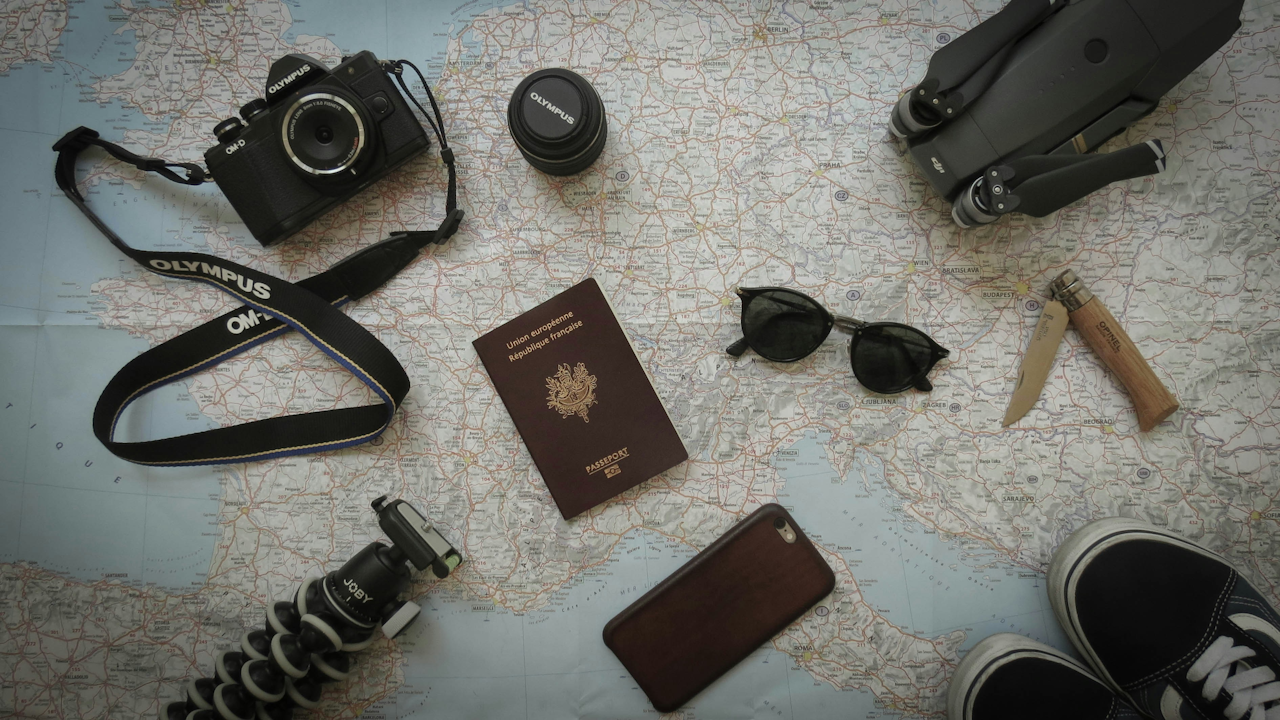Traveling can be an exciting and rewarding experience, offering opportunities to explore new places, meet diverse people, and immerse oneself in different cultures. However, staying safe while traveling is paramount to ensuring a smooth and enjoyable journey. Whether embarking on a solo adventure or a family vacation, these essential travel safety tips can help you stay protected and make the most of your trip.
1. Research Your Destination Thoroughly
Before setting foot in a new location, take time to research local customs, laws, and potential safety concerns. Understanding the political climate, common scams, and areas to avoid can prevent unnecessary risks. Government websites, travel forums, and local news sources offer valuable insights. Additionally, knowing basic phrases in the local language can help you communicate effectively during emergencies.
2. Share Your Itinerary with Trusted Contacts
Inform a family member or friend of your travel plans, including your itinerary, accommodation details, and contact information. Regularly check in with them during your trip. In case of an emergency, having someone aware of your whereabouts can expedite assistance and provide peace of mind for loved ones.
3. Keep Digital and Physical Copies of Important Documents
Safeguard essential documents, such as your passport, visa, travel insurance, and identification. Create digital copies stored securely in cloud storage and keep physical copies separate from the originals. This precaution helps in recovering lost or stolen documents and streamlines interactions with local authorities.
4. Stay Aware of Your Surroundings
Vigilance is crucial in unfamiliar environments. Pay attention to your surroundings, particularly in crowded areas where pickpocketing is common. Avoid displaying valuable items like expensive jewelry, and remain cautious when approached by strangers. Trust your instincts if a situation feels unsafe and seek help from local authorities if needed.
5. Use Secure Transportation
Opt for reputable transportation services, such as registered taxis, ride-hailing apps, or public transit systems with good reviews. Avoid unmarked vehicles or accepting rides from strangers. Verify ride-share details before getting in and be aware of emergency exit options. In certain regions, pre-booking airport transfers adds an extra layer of safety.
6. Protect Your Valuables
Minimize the risk of theft by keeping valuables secure. Use anti-theft backpacks, money belts, or hidden pouches to store cash, credit cards, and travel documents. Hotel safes provide additional protection, but it is wise to carry only what you need when exploring. Avoid leaving personal belongings unattended in public spaces.
7. Purchase Comprehensive Travel Insurance
Unexpected events like medical emergencies, trip cancellations, or lost luggage can disrupt travel plans. Comprehensive travel insurance provides financial protection and access to emergency services. Review the policy to ensure coverage for high-risk activities, medical evacuation, and theft protection before departure.
8. Practice Health and Hygiene Safety
Maintaining good health during travel reduces vulnerability to illness. Stay updated on necessary vaccinations and carry a basic first-aid kit. Be cautious with food and water hygiene, particularly in regions where sanitation standards may differ. Regularly sanitize your hands and follow local health guidelines to minimize exposure to infectious diseases.
9. Stay Connected with Emergency Services
Familiarize yourself with local emergency numbers and the nearest embassy or consulate. Many countries have dedicated tourist assistance hotlines for urgent situations. Keep a charged mobile phone with local SIM cards or international roaming to ensure consistent communication. In remote areas, portable chargers or satellite devices are valuable backups.
10. Trust Your Instincts and Be Flexible
Intuition is a powerful tool for staying safe. If a situation feels off, trust your gut and remove yourself promptly. Adaptability also plays a key role in handling unexpected changes. Be prepared to adjust plans if safety becomes a concern, and remain open to altering itineraries to prioritize well-being.
By integrating these travel safety tips into your planning and daily routines, you can enhance your security while making the most of your adventures. Staying informed, prepared, and aware fosters a safer and more enjoyable travel experience, allowing you to focus on creating lasting memories.


